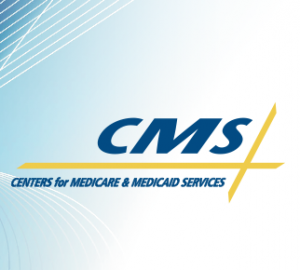 CMS has announced a $532.00 calendar year (CY) 2013 application fee for institutional providers that are initially enrolling in the Medicare or Medicaid program or the Children’s Health Insurance Program (CHIP); revalidating their Medicare, Medicaid or CHIP enrollment; or adding a new Medicare practice location.
CMS has announced a $532.00 calendar year (CY) 2013 application fee for institutional providers that are initially enrolling in the Medicare or Medicaid program or the Children’s Health Insurance Program (CHIP); revalidating their Medicare, Medicaid or CHIP enrollment; or adding a new Medicare practice location.
This fee is required with any enrollment application submitted on or after January 1, 2013 and on or before December 31, 2013.
This is a slight increase from the previous fee, but none-the-less providers should be aware of the fee increase. Fortunately, no advanced fee has been attached to “basic” changes of information submitted via an 855A.
Please remember CMS must be notified promptly (usually within 30 days) of almost ALL changes in the structure, administration, and “upper-level” personnel within any provider organization!
We regularly file 855A forms for providers and have a great working relationship with CMS contractors. If you think you might need to submit an 855A or if this little note makes you wonder if you should have, but didn’t, please contact us. We can almost always give you a quick answer regarding what you need to do regarding an 855A.


